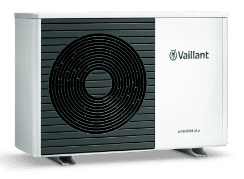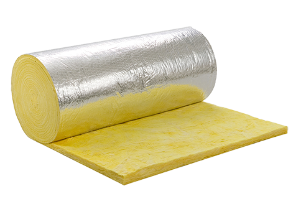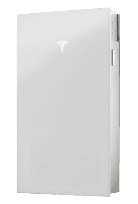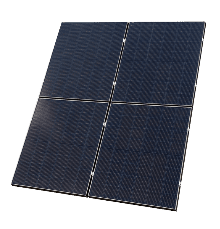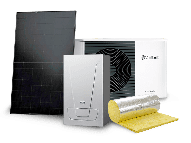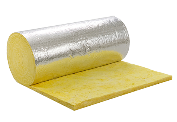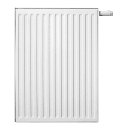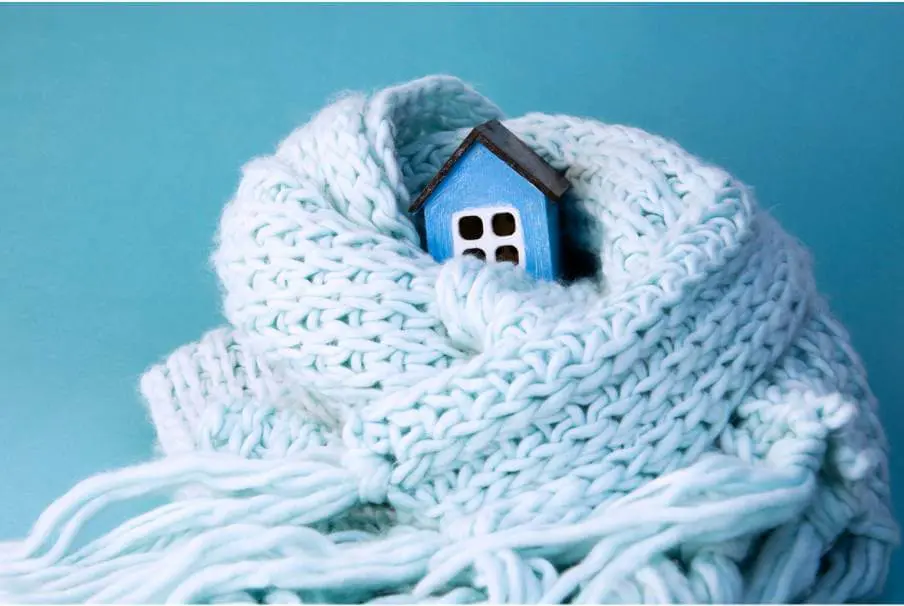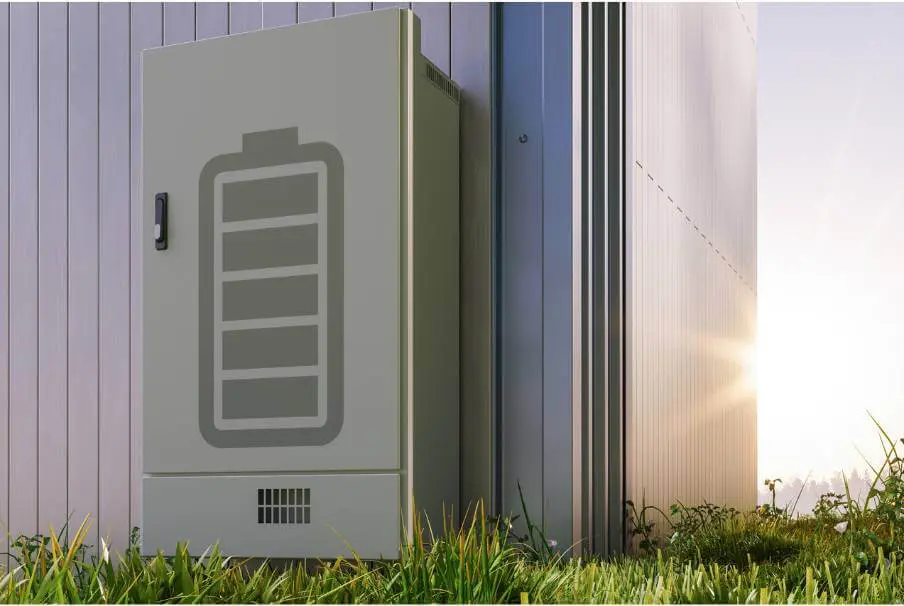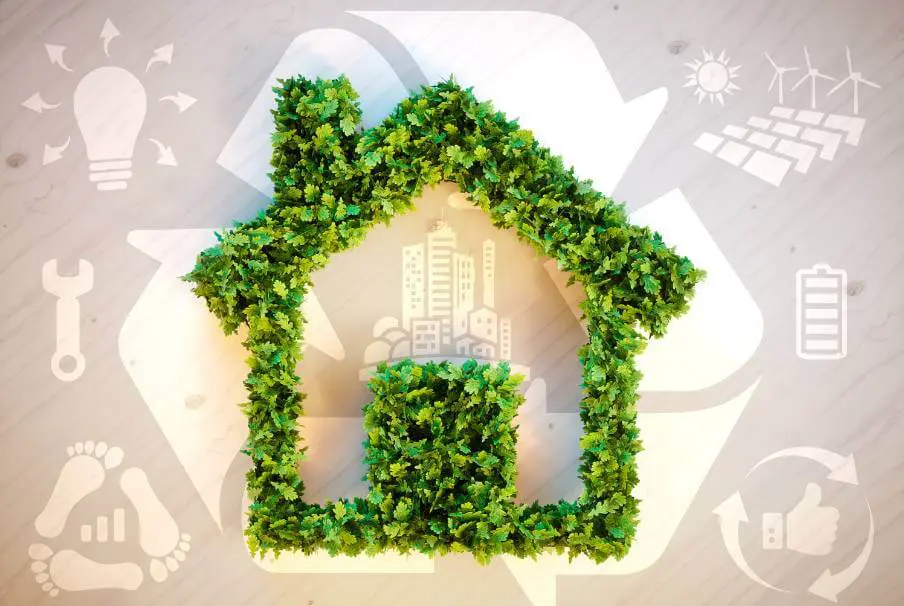A Complete Guide To Solar Panel Cleaning
Eco Providers
November 26, 2025
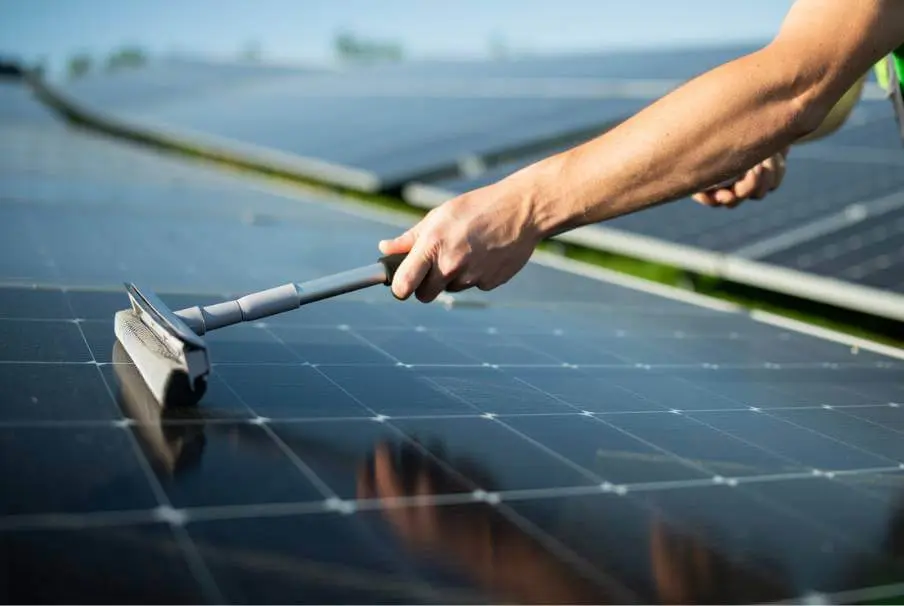
November 26, 2025
If you have solar panels installed on your property, you’ll undoubtedly want to ensure you’re getting the most out of your system. A key part of this is cleaning. While these powerful devices work tirelessly to harness the sun’s energy and power your home, they can accumulate dirt, dust, and debris over time, which can reduce their efficiency.
It might seem like a small task, but keeping your panels free from dirt and grime can make a noticeable difference to their efficiency. In this blog, we walk you through everything you need to know about solar panel cleaning, including how often they should be cleaned and what equipment you need to keep your panels sparkling.
Do solar panels need cleaning?
Many people wonder if solar panel cleaning is truly necessary. In areas with regular rainfall, solar panels are often described as self-cleaning. Rain can wash away a good amount of dust and dirt. However, this isn’t a complete solution. Over time, stubborn grime, bird droppings, and pollen can accumulate, and a simple downpour won’t be enough to remove them.
Your solar panels work by allowing sunlight to hit the solar cells inside. Anything that blocks this light – whether it’s dust or bird droppings – reduces the amount of energy your system can generate. Even a thin layer of grime can prevent your panels from reaching their peak efficiency.
It can be easy to assume a light layer of dust might have a minimal effect on your solar panel performance, however significant buildup of grime can lead to a detectable drop in energy output. That’s why regular cleaning should be considered part of your system’s routine maintenance. In dry or dusty areas, or if your panels are at a low tilt angle, solar panel cleaning becomes even more important to ensure your system generates power efficiently.
How often do solar panels need to be cleaned?
The cleaning frequency of your panels will depend on your local climate and weather conditions, as the average rainfall and whether your local area is susceptible to dust, pollen, or pollution will play a role in how often they’ll need cleaning.
For most UK homeowners, solar panel cleaning every one to two years is usually sufficient. However, certain situations may call for more frequent regular cleaning. For example, if your home is in a particularly dry region, near a construction site, or surrounded by many trees, dust and debris can build up faster. Panels installed at a low tilt angle (less than 5 degrees) are also more prone to grime build-up, as rainwater can’t run off as easily.
However, there are some key signs that can help you determine whether your solar panels are ready for a clean. These include:
- Visible layers of dust, dirt, or pollen
- Noticeable streaks or residue left on your panels after it has rained
- Patches of bird droppings that haven’t washed away
- A visible film of grime that makes the panels look dull instead of glossy
What solar panel washing equipment do I need?
When your solar panels are ready for a wash, having the right equipment is crucial for doing the job effectively. You don’t need a lot of fancy gear, but the tools you choose should be gentle on your panels. A basic solar panel cleaning kit can often be assembled with items you may already have.
The most important solar panel washing equipment you’ll need include:
- A soft brush
- A squeegee with a plastic blade and a soft cloth or sponge on the other side
- An extension pole is also ideal for reaching roof-mounted panels
When it comes to cleaning solutions, simple is often best. Again, you don’t need specialised or expensive chemicals to get your panels shining. Here’s what you’ll need:
- Clean water – this is ideal for removing light dust and a quick rinse
- Mild soapy water – use a small amount of gentle, biodegradable dish soap mixed with clean water to tackle stubborn grime
- Harvested rainwater – if you want a final, spot-free rinse, or you live in a hard water area, harvested rainwater is a good choice
Knowing what solar panel washing equipment to use is just as important as knowing what not to use. Make sure you avoid high-pressure washers, harsh chemicals, and abrasive cleaners, like scourers, as these can damage your panels and potentially attract more dirt. If you’re ever unsure, speaking with a professional cleaner is a safe option.
What is the best way to clean solar panels?
The best way to clean solar panels involves using the right tools and a gentle touch, as well as safety. Before you start, it’s recommended to shut down your solar panel system completely. You can find instructions for this in the user manual provided by your installer.
If your panels are on the rooftop, cleaning them from the ground with an extension pole is the safest method. Don’t attempt to get on the roof unless you have the proper safety equipment. If you see any damaged cables or components, stop immediately and contact a professional.
Once you’ve taken the proper safety precautions, you can start to clean your solar panels. The best time to clean them is on an overcast day, early in the morning, or in the evening. This prevents the water from evaporating too quickly in the sun, which can leave streaks. Here’s a step-by-step guide to solar panel cleaning:
- Brush off loose debris with a soft brush
- Gently scrub the panels with a soft sponge and mild soapy water for stubborn grime
- Use a squeegee with a soft plastic blade to wipe away the dirty water
- Finish by rinsing the panels thoroughly with clean water to remove all soap residue
Get in touch for more advice
Solar panel cleaning is essential for maximising their efficiency and extending their lifespan. By using the right equipment and techniques, not only can you enhance energy production and keep your panels operating at peak performance, but you can also protect your investment in renewable energy.
At Eco Providers, we’re a MCS registered company that specialises in solar PV system installations. All our electricians are LCL Level 3 Solar PV qualified, meaning you can have peace of mind that your system will be installed to the highest of standards. So if you’re ready to enhance your home with solar power, or you’d like more advice on solar panel cleaning, don’t hesitate to get in touch with us today.
FAQs on solar panel cleaning
No, you should never use pressure washers on your solar panels. The high-pressure stream can damage the anti-reflective coating, break the glass, or force water past the seals, leading to a drop in power output. You should only ever use gentle equipment and solutions to clean your panels.
While rainfall can wash away light dust, it’s not a complete cleaning solution. Rain won’t remove stubborn grime, bird droppings, or thick layers of pollen. Rain can also leave behind a mineral residue, which can build up over time and reduce efficiency.
Yes, an accumulation of dirt, grime, and debris will negatively affect your solar panel performance. This buildup blocks sunlight from reaching the cells, reducing the amount of electricity generated. Solar panel cleaning is essential for them to operate at peak efficiency.
